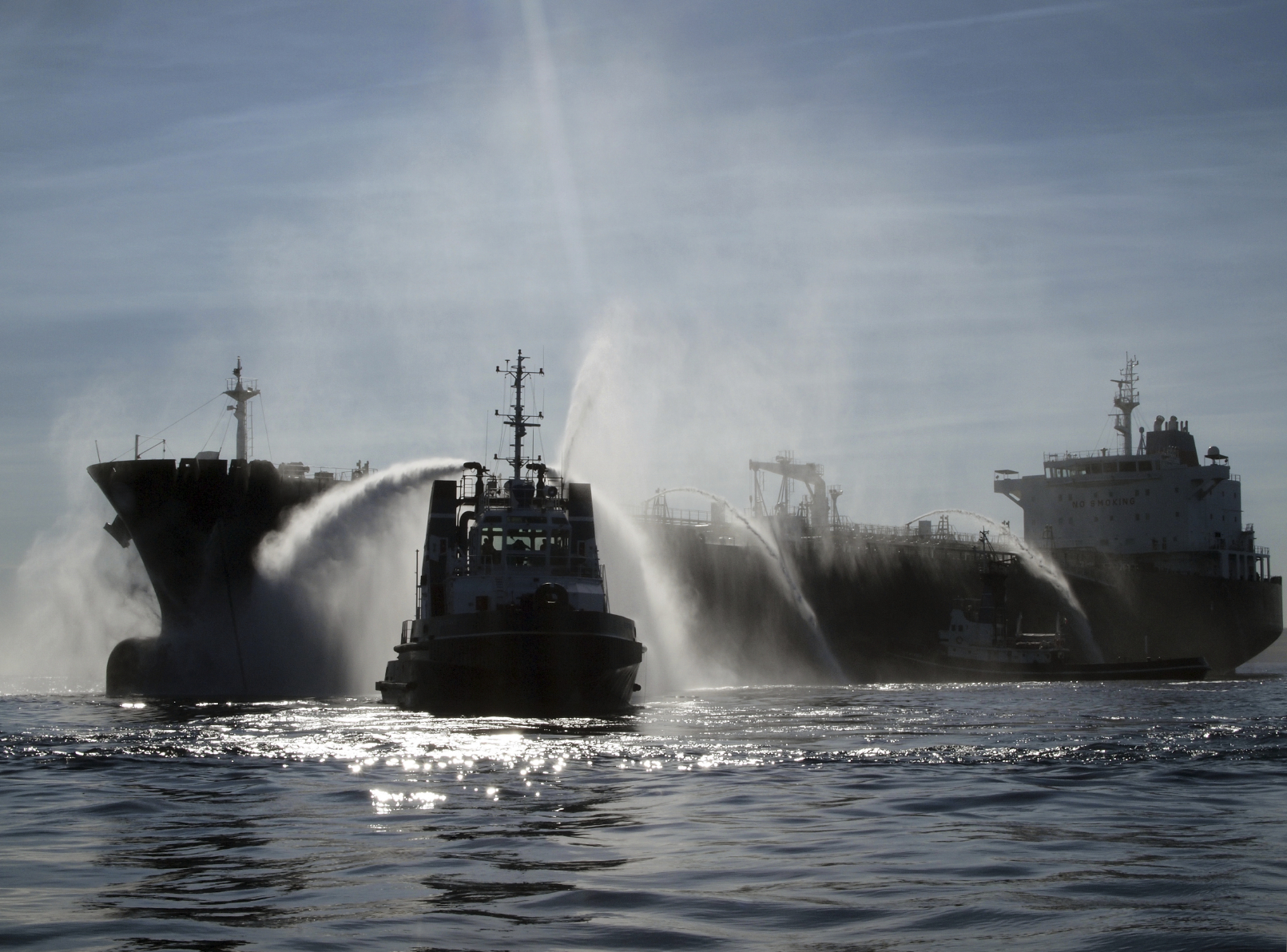Salvage is usually provided by the private sector. It is an integral part of the commercial shipping world. However, it is not well understood by those not in the business. K. Joseph Spears and Captain Don Mackenzie in this December 2012 BC Shipping News article focus on the underpinnings of the concept of salvage and its growing importance in the 21st century as shipping has become more complex and protection of the marine environment from dangerous and hazardous cargoes has increased.
Marine Salvage on the Pacific Coast & Lloyd’s Open Form
Spears and Mackenzie argue that the Lloyd’s Open Form (LOF) salvage agreement is the preferred route. This allows a prompt mechanism for payment for salvage services. The LOF process uses salvage arbitrators in London who are experienced maritime barristers who have a streamlined, efficient, hearing process. The LOF process is administered by the Lloyd’s Salvage branch in London and it is very user-friendly. Getting successfully paid in any salvage case is often the hardest part of salvage work. The key is the development of the salvage brief which often is more painful than the salvage itself
The LOF works and can provide a solid foundation for increasing British Columbia’s marine response capability. Private sector salvage has an import ant role to play in Canada’s pollution salvage capability in the 21st Century. A robust and vigorous West Coast salvage capability, led by the private sector and supported by all levels of government, First Nations and local communities is a valuable asset to pollution counter-measures and Canada’s ocean management. This will ensure that British Columbia’s pristine coastline is protected for future generation.

